excessive drooling in toddlers
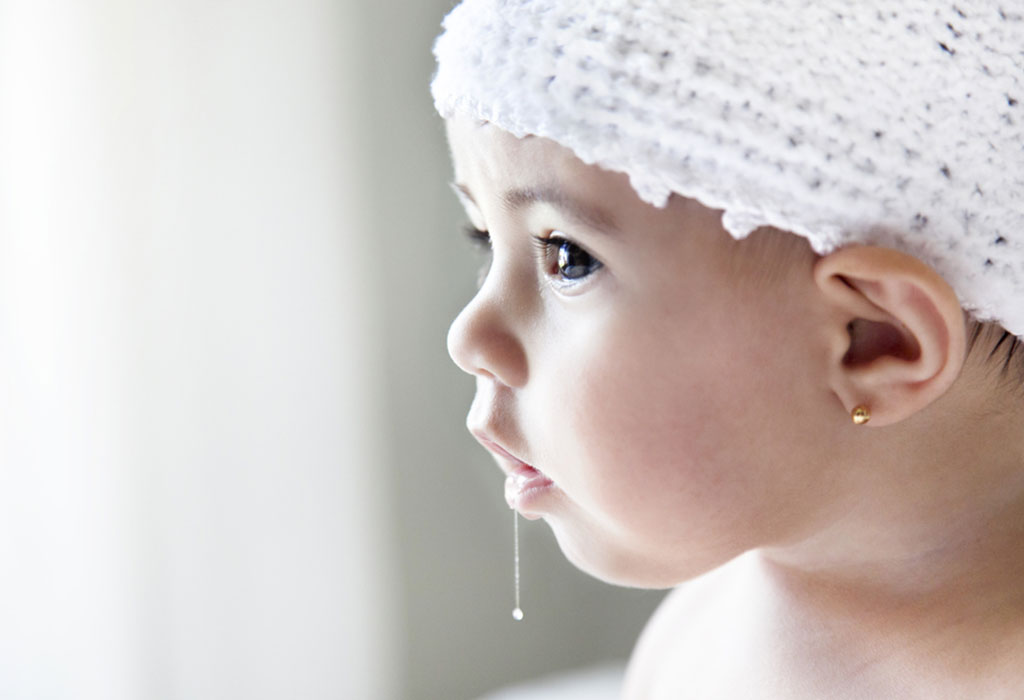 Baby Drooling : Causes, Developmental Stages & Treatment
Baby Drooling : Causes, Developmental Stages & TreatmentSearch Thursday, 11 March 2021 Search Search Is the son drooling a sign of a deeper problem? /Grainne Ryan 21 September 2009 04:45 AM A. All babies drool, some more than others. Trawling in young children is a normal part of development. Their teeth are coming down, they put everything in their mouths, and they have not developed the habit of keeping their lips together. As children grow up they learn to manage their saliva, and most do not drool after they are four years old. The exception to this is children with disabilities. A disabled child who interferes with nerves or muscles in the throat and mouth can drool beyond this age. The ability to swallow occurs in children with neuromuscular problems, such as cerebral palsy. BacteriaSaliva contains water and traces of other substances such as salts and mucus. The function of the mucus in the saliva is to protect the mouth and throat when eating. Keeps the tissue from healthy gums, removes the bacteria from the mouth, reduces the respiratory smell and begins the digestion process. Children produce much more saliva than adults, in fact up to eight times more. If the child does not swallow the saliva, it can spill out of the mouth and be watched as a bib. Although children produce much more saliva than adults, the cause of excessive drooling is not usually excessive production of saliva, but the lack of processing saliva by swallowing. Lack of prosecuting saliva is usually because the child cannot be swallowed properly, cannot be swallowed efficiently or not swallowed enough. Excessive drool can irritate your child's skin, especially the face, neck and chest. If your child is still drooling between the ages of three and four years your GP may recommend treatment. Babies who are denting tend to drool, but you said your child had all his teeth so it is very unlikely that this is the reason in this case. Excessive production of saliva may occur in infants and children with gum inflammation (ingivitis) or dental disease. Your dentist is better qualified to evaluate your child's teeth and gums. You can also check whether your child's tongue and other muscles in your mouth and jaw are developing properly. In some cases it may be considered a neurological 'soft' sign, which means that it may indicate some level of neurological damage, and it is a matter of concern if it continues until the third year or if it is accompanied by other developmental delays such as a very clumsy gait, fine motor delays or language delays. Of course, the subsidy is made for tooth rash and finger or thumb sucking. Usually, however, there is a simpler explanation: children who drool often look to keep their mouths open at rest. This may be due to nasal congestion caused by a cold or allergies or may be due to a low facial tone. Daily Update News Newsletter Get your lunchtime news with the afternoon newsletter. Monday to Friday. Enter the email address This field is necessary Delay When oral muscles are weak, a child can keep his mouth open simply because it's easier. There are some evidence suggesting that children who are oral respirators have a higher risk of speech delay that seems to be due to a bad muscle tone in the tongue. If you think about where your tongue is while you are sitting with your mouth shut, you will notice that you are up against the roof of your mouth. This resting posture requires more muscle strength than is needed when the mouth is open, with the tongue resting on the floor of the mouth. That muscle tone is really important when it comes to producing the sounds for r, l and th, and it is those sounds that many children are mouth respirators have difficulties with. The ability to retain saliva in the mouth may also be related to disproportion between the tongue and the lower jaw. In exploring the cause of the bib it is important to look at the milestones of your child's development and in particular its language and language development. The drag associated with speech delay can be the result of an inability to control the muscles of your mouth, including your tongue, lips, and ingestion (gold engine dysfunction). These same muscles are involved in the production of speech sounds. Oromotor dysfunction as a cause of late speech should not be associated with any delay in receptive language. A child who cannot produce speech sounds can perfectly understand language. An evaluation of a speech and language therapist can determine whether a child suffers from gold-motor dysfunction. If a problem is detected, the therapist can teach your child exercises and recommend techniques that can be used at home to help rectify the situation. The extension of the language occurs in some rare syndromes. More commonly, the size of the tongue is normal, but the lower jaw does not grow in proportion to the tongue and face. Speech and language therapists are better qualified to evaluate the neurological aspect of ingestion. A speech and language therapist can help your child learn to close the lips, move the saliva to the back of the mouth, and swallow. Helping a child learn the right way to swallow can solve the problem. Using a straw to drink liquids can help improve the drool. Helping your child learn the right way to swallow solves the problem better than increasing the swallow frequency, although the latter helps a little. Improved posture and body position can also be useful. Most children with large tonsils and adenoids will not drool, but on the other hand many children who drool have, in fact, large tonsils and adenoids. Allergies can also contribute to congestion in nasal passages and can be a factor that contributes to excessive drooling. Your GP will be able to establish if your child has allergies, tonsils and adenoids expanded and can refer it to a ENT specialist. Development While the rest of your child's development is on my way, I wouldn't worry about drooling unless I continue beyond your third birthday. However, if you have any concerns you should mention them to your public health nurse or GP. In the meantime, use a canvas-made notebook. It must be pure cotton or a terry cloth. Keep changing the bib every hour or so. Use a soft cloth to clean your baby's face as often as necessary. Apply the oil jelly around the face to prevent rashes. Try to work with your child and show him how to keep his lips together. Show him how to swallow his spit. Practicing by doing "hot lips", then making a big open smile, then a closed smile. Make him open his mouth and move his tongue. Practice drinking with a straw. Don't listen to him, just soft reminders to keep his lips together and dry his chin. Most watched William defends the royal family against accusations of racism Piers Morgan condemns Meghan Markle's comments on Oprah's interview as 'contemptible' Met Eireann numbers Status Orange Wind Alert The Prime Minister of Thailand sprays journalists with hand sanitiser Who are you? 'I'm still trying to find out' admits Taoiseach Micheál Martin in 'outside but skin' interview More information Search © Independent.ie

Excessive Drooling In Children - Causes And Prevention - Being The Parent
:max_bytes(150000):strip_icc()/GettyImages-95919157-579a41225f9b589aa927a63c.jpg)
Drooling Causes and Treatments
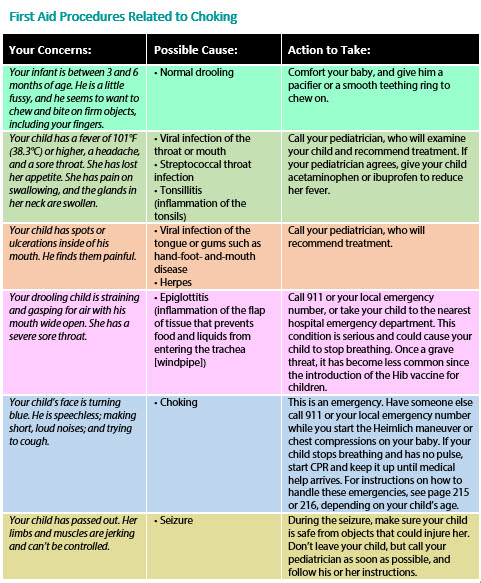
Drooling and Your Baby - HealthyChildren.org
Why Is My Child Drooling?
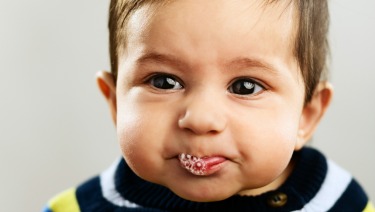
Drooling and Your Baby - HealthyChildren.org
Excess Saliva Can Signal Health Conditions that Cause Speech Development Delays
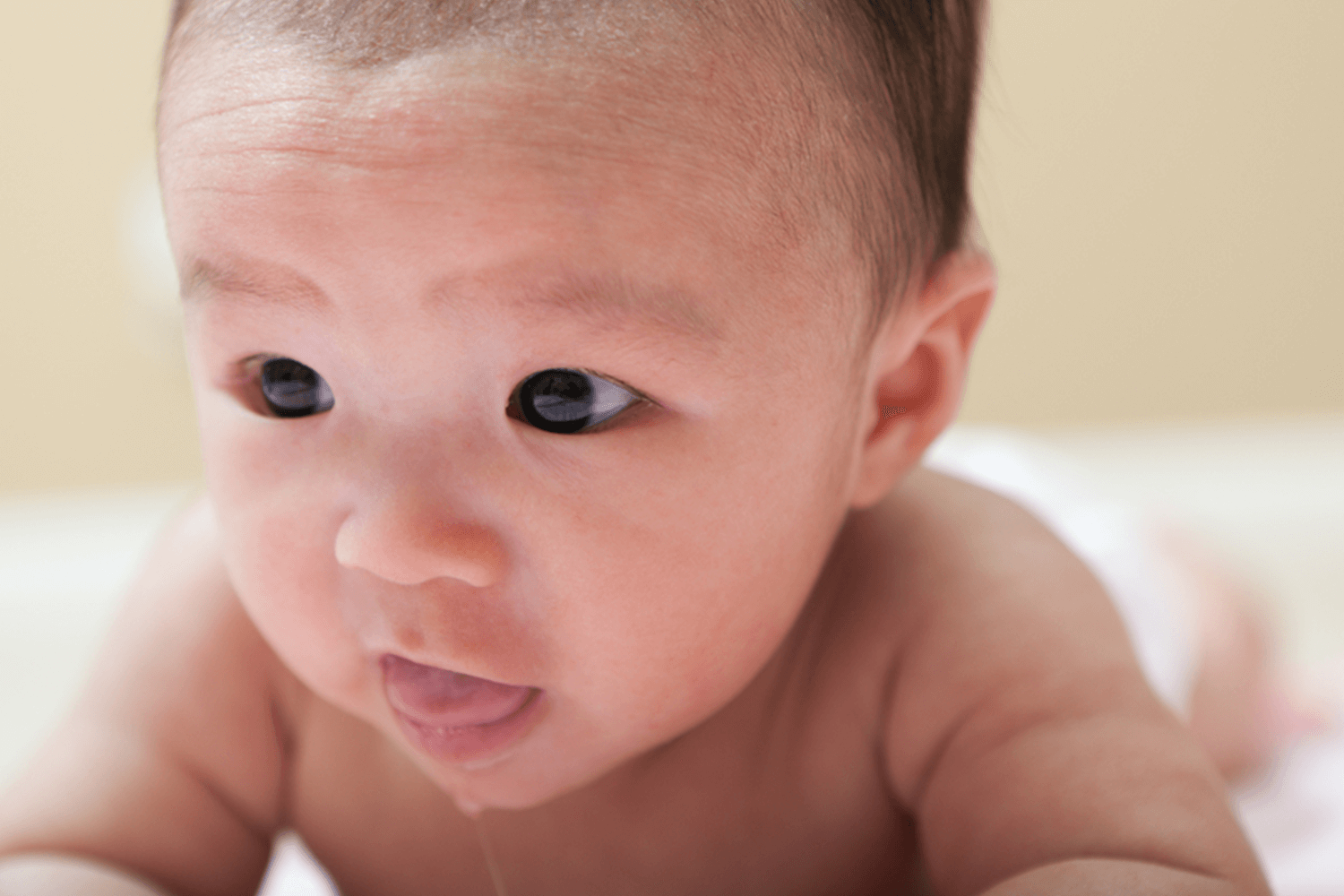
Baby Drooling? 5 Revealing Things About Your (Adorable) Drooling Monster

16 Causes Of Drooling (Sialorrhea) In Kids & Ways To Stop It

Excessive Drooling in Toddlers & Young Children - Speech Moves

Baby Drooling : Causes, Developmental Stages & Treatment

Seven Tips to Stop Your Child with Special Needs from Drooling - Friendship Circle - Special Needs Blog : Friendship Circle — Special Needs Blog

Why Does My Toddler Drool Non-Stop? - ParentsCanada
Baby Drooling : Causes, Developmental Stages & Treatment
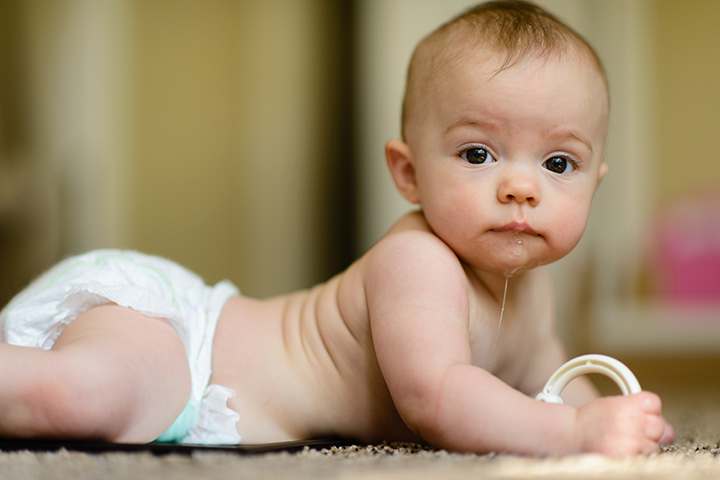
Baby Drooling: Why Does It Happen And How To Stop It?

What's Wrong with My Drooling Toddler? | Between Carpools
How to Reduce Drooling in Infants and Toddlers | Mommy Speech Therapy

10 Drooling Facts About Baby Drool - TOOTRiS Education Center

What Does Drooling Mean in a Toddler?

Baby Spitting Up Clear Liquid? Causes and When to Call the Doctor

Drooling In Babies: Why Does It Happen And How To Deal With It? | Oral motor activities, Drooling baby, Teaching toddlers

Excessive Drooling In Children - Causes And Prevention - Being The Parent
Drooling – what to do when it doesn't stop - Sunshine Association

Dribbling is more common than you think | SpecialKids.Company
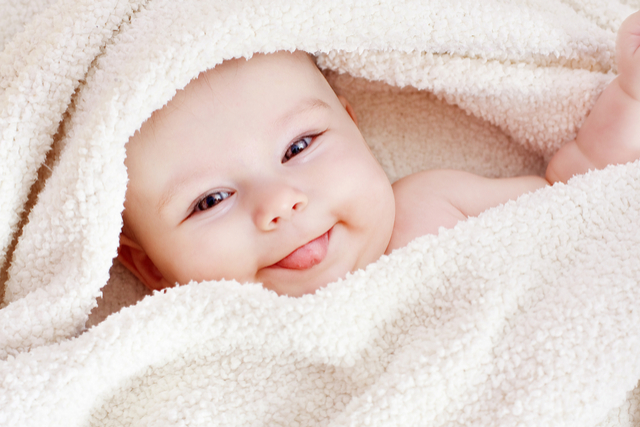
Drooling In Babies: How To Deal With Excessive Drooling
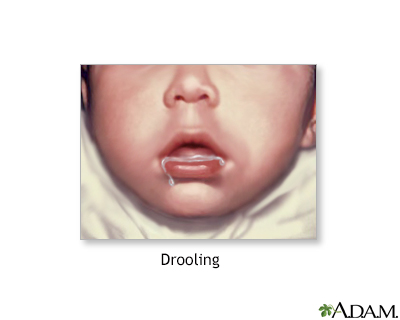
Drooling Information | Mount Sinai - New York
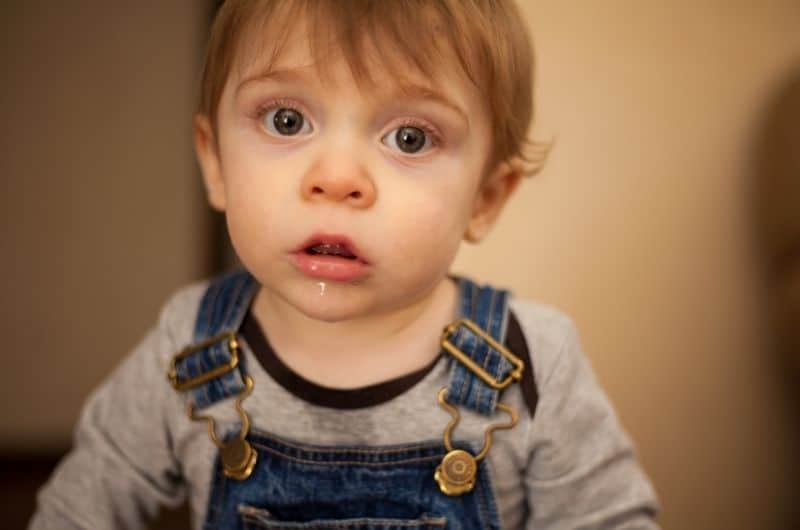
Sudden Excessive Drooling In Toddlers - Causes And How To Manage - 1happykiddo
/GettyImages-511147877-d31ee4f7a8674525acfd809404ddb1ef.jpg)
Why Do People Drool in Their Sleep?
How To Manage Baby Drool remedies - Simply Well Family

10 Signs Your Baby is Teething - Detroit and Ann Arbor Metro Parent
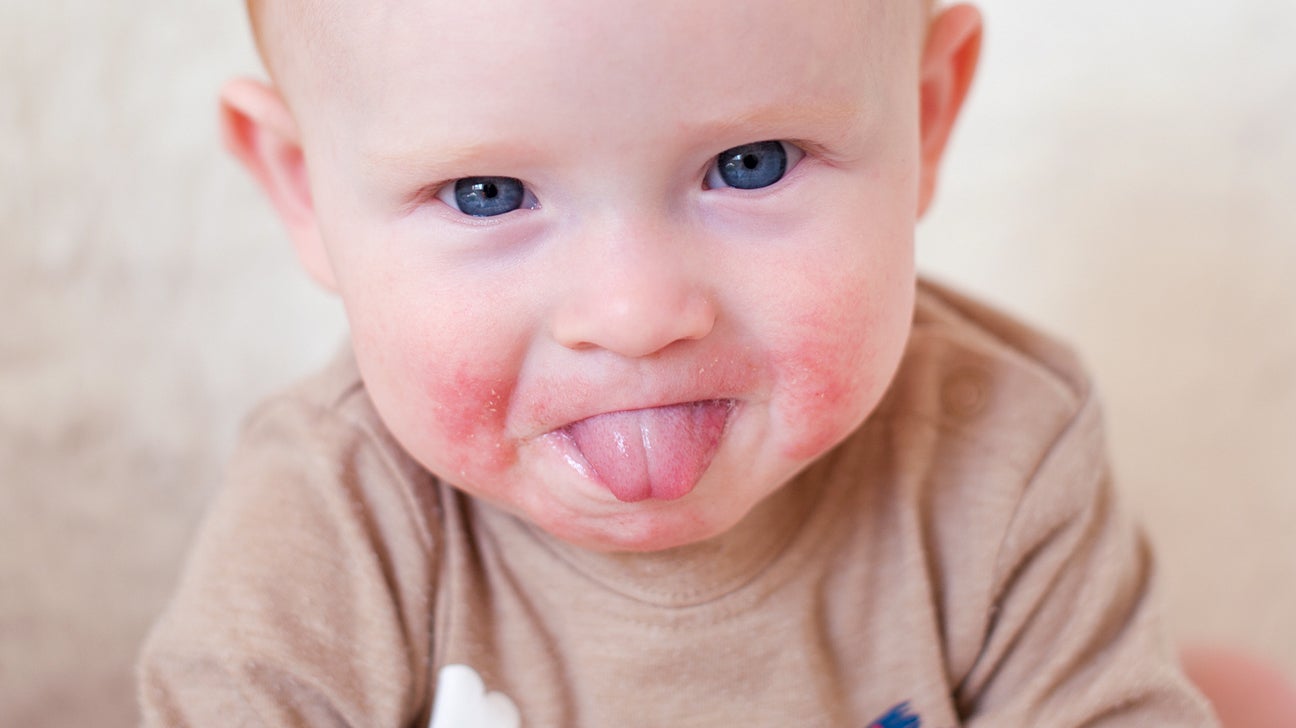
What does teething rash look like? Pictures and treatments

Drooling: Causes, Risk Factors, and Treatments

Drool Rash: Causes, Symptoms, Treatment, And Prevention | Mustela USA
Is my son's drooling a sign of a deeper problem? - Independent.ie
My Teen Has Excessive Saliva... Should I Worry?
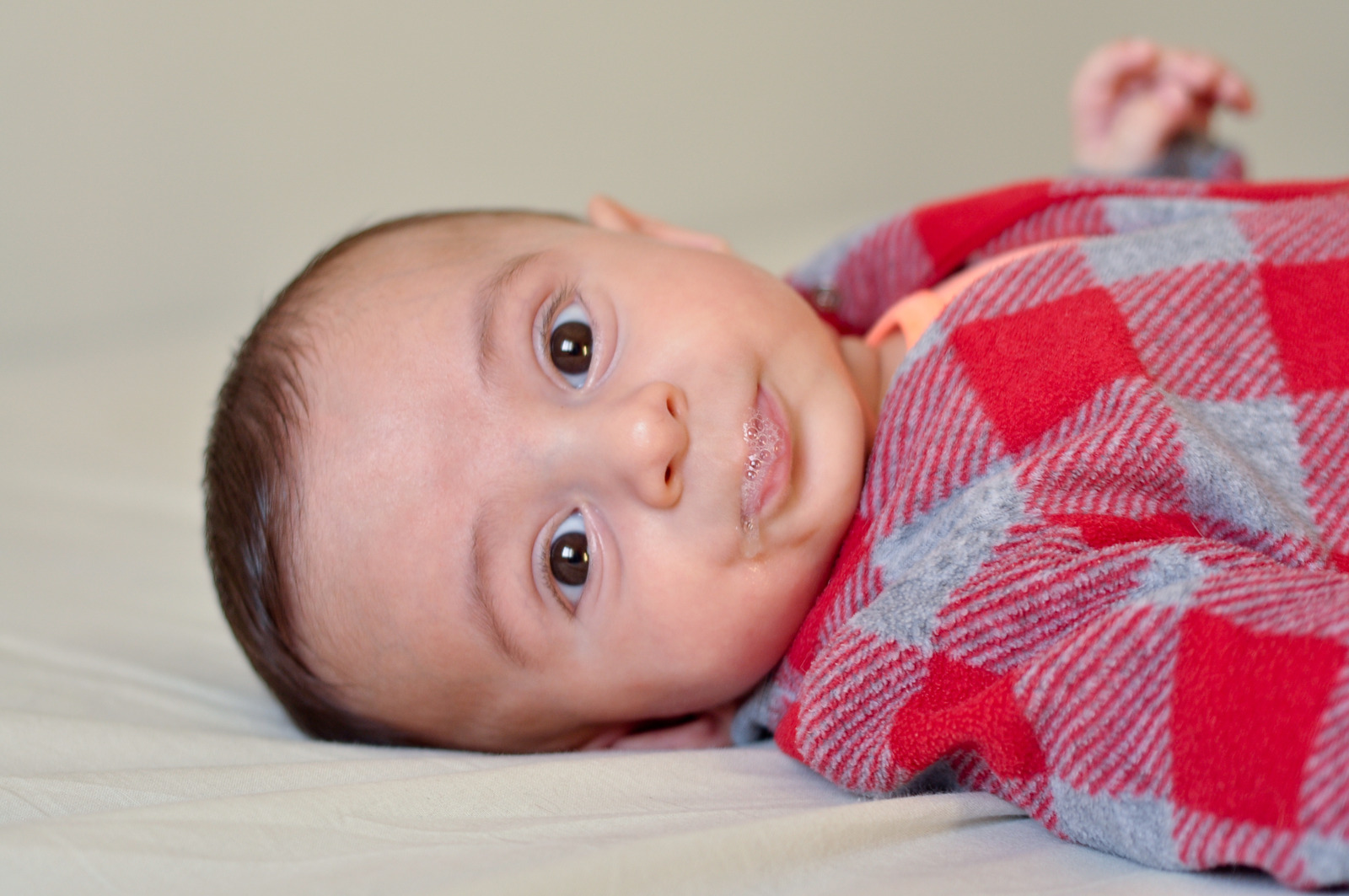
Why Do Babies Drool? Facts About Baby Saliva - SleepBaby.org

Everything You Need To Know About Baby Drool And Snot

Does Your Child Snore? 5 Signs of Trouble – Health Essentials from Cleveland Clinic
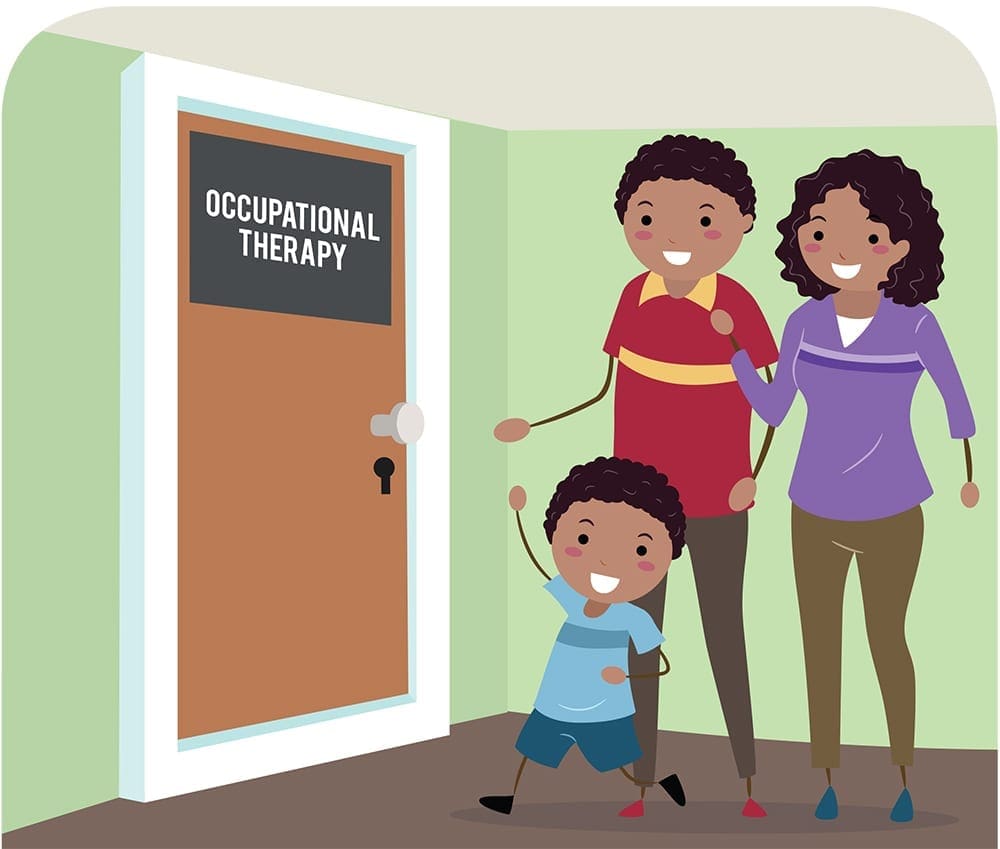
Excessive Drooling in Toddlers: How Chicago Occupational Therapy Can Help - Chicago Occupational Therapy

8 Ways To Treat Drool Rash In Babies - Being The Parent

Drooling in young children | The Daily Star
Posting Komentar untuk "excessive drooling in toddlers"